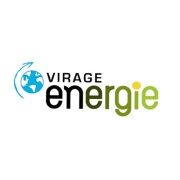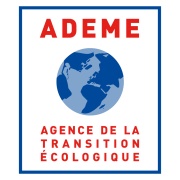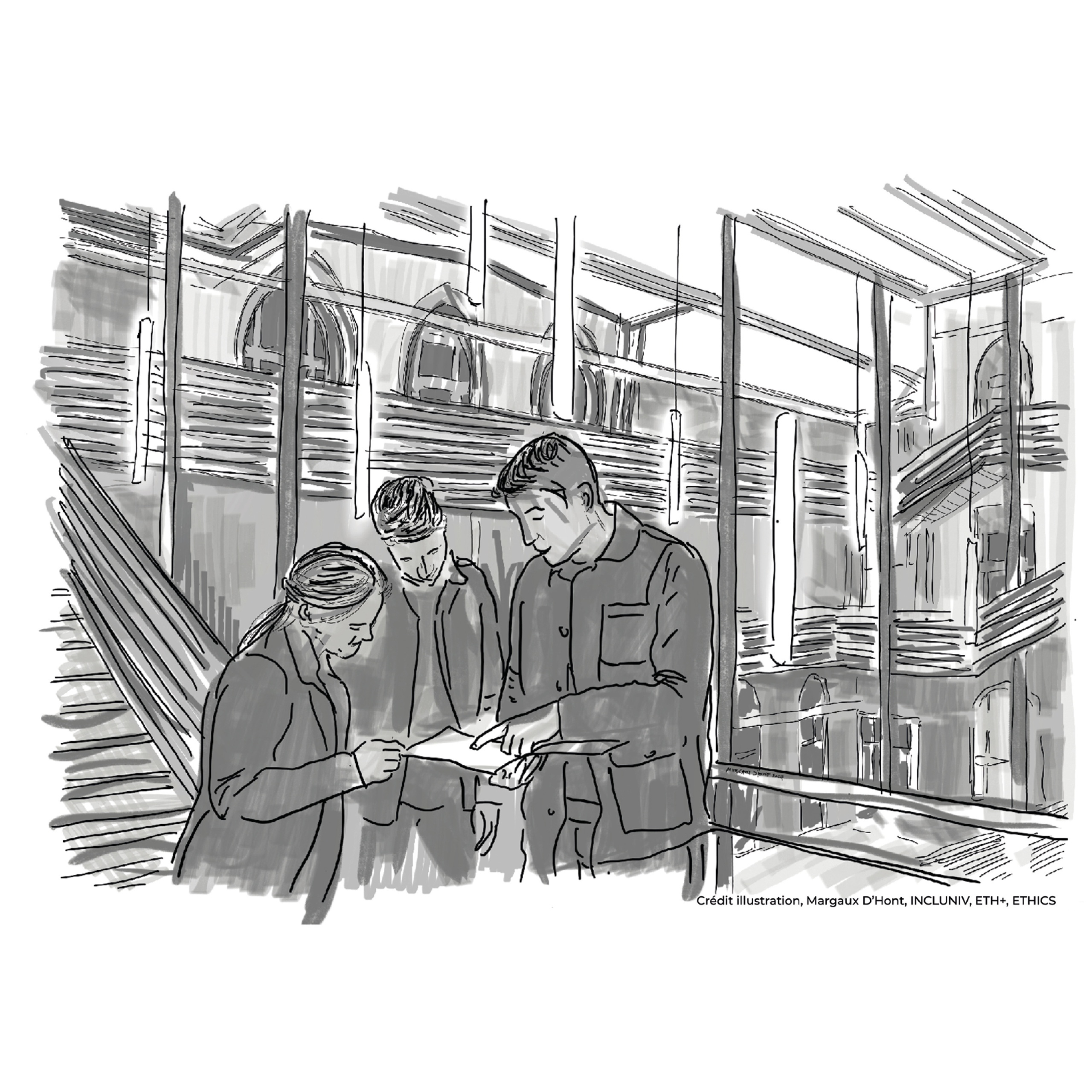INCLUNIV
Inclusion des usagers dans les smart buildings universitaires
Un projet mené avec la participation de :
Projet INCLUNIV
Le projet INCLUNIV a été financé par l’ADEME (2023-2025) et coordonné par Laure Dobigny, ETH+ ETHICS EA7446, Université Catholique de Lille. Il a impliqué quatre partenaires : Sciences Po Lille, JUNIA, Université de Lille et Virage Energie
English version below
Résumé
À la fois lieu de travail, de formation et d’échanges, les universités peuvent jouer un rôle clé dans la transition écologique, énergétique et sociale en mobilisant des acteurs variés (personnels, enseignants-chercheurs, étudiants). Conscientes de ces enjeux, de plus en plus d’universités font le choix de construire ou de rénover leurs bâtiments en smart building. L’objectif du projet INCLUNIV est de questionner les déploiements techniques de ce type de bâtiment au sein des universités, pour comprendre dans quelle mesure ces bâtiments sont inclusifs au sens large, c’est-à-dire permettent de s’approprier les enjeux de la transition écologique et énergétique (à l’université et au-delà), et de mobiliser les usagers sur ces enjeux. Il compare quatre bâtiments et institutions d’enseignement supérieur de la région lilloise, dont trois ont fait le choix de smart buildings (Université Catholique de Lille, JUNIA, IUT Roubaix) et une d’une rénovation HQE (Science Po Lille). Les méthodes utilisées sont qualitatives (sociologiques et ethnographiques) et participatives (co-design).
À partir de l’hypothèse de départ – qui est que l’appropriation des enjeux énergétiques et écologiques passe par l’appropriation technique et l’inclusion des usagers dans et à travers les systèmes techniques – plusieurs échelles de participation, mobilisation et appropriation des usagers ont été questionnées : dans le choix de ces systèmes techniques (rénovation ou construction de bâtiments smart), dans leur usage quotidien, et dans la co-construction de solutions (ateliers de co-design et créathon).
Résultats et dissémination
Le rapport complet, la synthèse ainsi que les recommandations pour l’action publiques sont téléchargeables en ligne sur le site de l’ADEME. Pour en savoir plus
Publications
Articles
- Aulanier Audran, Dobigny Laure. 2025 (sous presse). « Une transition écologique sans expérience. Les émotions des usagers des smart buildings universitaires, ou l’histoire d’un rendez-vous manqué avec les enjeux écologiques ». Émulations, Revue de sciences sociales, n°50.
- Aulanier Audran, Germe-Bartier Anouk. 2026 (à paraître). « Une écologisation par les bâtiments ? À propos de smart buildings qui travailleraient sur (et avec ?) leurs usagers ».
Chapitre d’ouvrage :
- Dobigny Laure, Szuba Mathilde, Barry Hervé, Germe-Bartier Anouk. 2025 (sous presse). What user involvement in sustainable campuses? An analysis of the decision-making processes of university smart buildings in the Lille region (France). In Dobigny L. & Robyns B. (eds), To Rethink Networks in Times of Transition: Ecological, Energy and Social Issues.
Ouvrages :
- Robyns B., T. Magnin, M. Bozzo-Rey, L. Dobigny & H. Barry, Des usagers intelligents aux usagers avisés pour réussir la transition énergétique et sociétale, ISTE éditions (à paraître 2026).
- Robyns B., T. Magnin,, M. Bozzo-Rey, L. Dobigny & H. Barry, From smart users to wise users for a successful energy and societal transition, London, WILEY (à paraître 2026).
Entretiens :
- Dobigny Laure, 2025. « Pour une réappropriation sociale des techniques et des ressources énergétiques ». Propos recueillis par Maryline Le Corre. Le Journal de Culture & Démocratie, n°60, Juillet, pp. 32-34. En ligne : https://www.cultureetdemocratie.be/articles/pour-une-reappropriation-sociale-des-techniques-et-ressources-energetiques/
- Dobigny Laure, 2024. « Transition énergétique des bâtiments universitaires : INCLUNIV interroge l’appropriation, l’habitabilité́ et la place des usagers ». Propos recueillis par Lise Dominguez. OPEN LAB, le mag, n°10, deuxième trimestre, pp. 10-12. En ligne : https://www.univ-catholille.fr/wp-content/uploads/2024/11/open-lab-10-light.pdf
Mémoires de master :
- Germe-Bartier Anouk, 2023. « “Ne touchez à rien !” : Travailler dans un smart building ». Mémoire de Master 2 en Sociologie. Université Lumière Lyon 2.
- Maria Pablo, 2023. « Smart building ou smart user ? L’inclusion des publics dans la transition écologique. Étude du projet de relogement de Sciences Po Lille ». Mémoire de recherche, Sciences Po Lille, Projet INCLUNIV.
Communications
Communications avec Actes :
- Aulanier A., Dobigny L., D’Hont M., 2024. « “The atmosphere here is sad, it’s lifeless”. The smart building, a despairing vision of future eco-cities». In M. Boubezari, C. R. Duarte & E. Pinheiro (dirs.), Sensory Explorations, Ambiances in a Changing World: Proceedings of the 5th International Congress on Ambiances, Lisbon, 8-11 october, p. 1032-1045.
En ligne : https://hal.science/hal-04929462v1/document
- Dobigny L., Szuba M., Barry H., Germe-Bartier A., 2023. « Quelle inclusion dans la transition écologique des universités ? Genèse des processus de transition de quatre bâtiments universitaires lillois », Colloque TEES (Transitions Ecologiques, Economiques et Sociales), ADEME, Maison de la RATP, Paris, 6 et 7 novembre.
Colloques internationaux
- Dobigny L., A. Aulanier, 2025. “Are Smart Infrastructures Good Technoscience? The Promises and Perils of Smart Buildings”, 10th STS Italia Conference, Milan, 11-13 June.
- Dobigny L., A. Aulanier, M. Szuba, H. Barry, M. D’Hont, 2024. “What inclusion in sustainable campuses? A comparative study of 4 smart university buildings in Lille, France”, Scientific Congress Ecoposs, « Rethinking Networks in times of Transition: Ecological, Energy & Social Issues », Université Catholique de Lille, 9-11 Octobre.
- Dobigny L., 2024. “From smart buildings to smart grids: how the “smart” infrastructures and imaginaries fail to meet their social and environmental promises?”, 4S – EASST, Amsterdam, 16-19 Juillet.
Vidéo « The Smart Building a despairing vision of future eco cities »- ADEME-Université Catholique de Lille
Vidéo « Les Ateliers de codesign du projet INCLUNIV »
Cette vidéo a été réalisée dans le cadre du projet INCLUNIV (Inclusion des usagers dans les smart buildings universitaires), financé par l’ADEME (2023-2025) et coordonné par Laure Dobigny, ETH+ ETHICS EA7446, Université Catholique de Lille.
Elle présente les ateliers de co-design menés dans le cadre de cette recherche et animés par Virage Énergie.
The INCLUNIV project’s co-design workshops. Production and editing: Médialab. 2025. (3’30).
This video was produced as part of the INCLUNIV project (Inclusion of users in smart university buildings), funded by ADEME (2023-2025) and coordinated by Laure Dobigny, ETH+ ETHICS EA7446, Université Catholique de Lille.
The video presents the co-design workshops conducted as part of this research and facilitated by Virage Énergie.
Vidéo ADEME & Sciences et Avenir : « Le projet INCLUNIV ou comment faire du bâtiment un allié de la transition ». 2025.
INCLUNIV project: Inclusion of Users in Smart University Buildings
Funded by ADEME (2023-2025) and coordinated by Laure Dobigny, ETH+ ETHICS EA7446, Université Catholique de Lille
Partners: Sciences Po Lille, JUNIA, Université de Lille and Virage Energie
Abstract
As places of work, learning and exchange, universities can play a pivotal role in the ecological, energy and social transitions by engaging a variety of stakeholders, including staff, lecturers, researchers and students. Recognising these challenges, an increasing number of universities are opting to construct or renovate their buildings as smart buildings. The INCLUNIV project aims to examine the technical deployment of smart buildings in universities to understand how inclusive these buildings are, i.e. whether they enable users to engage with ecological and energy transition challenges (in university and beyond) and mobilise them around these issues. The project compares four buildings and higher education institutions in the Lille region: three have opted for smart buildings (Université Catholique de Lille, JUNIA and IUT Roubaix), and one has opted for HQE renovation (Science Po Lille). The methods used are qualitative (sociological and ethnographic) and participatory (co-design).
Based on the initial hypothesis – that the appropriation of energy and ecological issues requires technical appropriation and the inclusion of users in and through technical systems – several levels of user participation, mobilisation and appropriation were examined: in the choice of these technical systems (renovation or construction of smart buildings), in their daily use, and in the co-construction of solutions (co-design workshops and createathon).
Results and dissemination
Maps illustrating the stakeholders involved in the renovation/construction decision-making processes of smart university buildings are available : [et les fichiers à télécharger]
Available in english
One book chapter has been published on analysing the decision-making processes and the stakeholders involved in constructing and renovating these four smart university buildings:
Dobigny Laure, Szuba Mathilde, Barry Hervé, Germe-Bartier Anouk. 2025 (under press). What user involvement in sustainable campuses? An analysis of the decision-making processes of university smart buildings in the Lille region (France). In Dobigny L. & Robyns B. (eds), To Rethink Networks in Times of Transition: Ecological, Energy and Social Issues. WILEY.
One paper analyses the atmosphere of a smart building at Université de Lille, exploring users’ perceptions and emotions. The paper is accompanied by a video, which is based on illustrations and sound recordings of the smart building, with the intention of conveying its unique atmosphere. Both were presented at the 5th International Congress on Ambiances, Lisbon, 8-11 October 2024.
Paper: Aulanier A., Dobigny L., D’Hont M., 2024. « “The atmosphere here is sad, it’s lifeless”. The smart building, a despairing vision of future eco-cities ». In M. Boubezari, C. R. Duarte & E. Pinheiro (dirs.), Sensory Explorations, Ambiances in a Changing World: Proceedings of the 5th International Congress on Ambiances, Lisbon, 8-11 october, p. 1032-1045.
International communications:
- Dobigny L., A. Aulanier, 2025. “Are Smart Infrastructures Good Technoscience? The Promises and Perils of Smart Buildings”, 10th STS Italia Conference, Milan, 11-13 June.
- Dobigny L., A. Aulanier, M. Szuba, H. Barry, M. D’Hont, 2024. “What inclusion in sustainable campuses? A comparative study of 4 smart university buildings in Lille, France”, Scientific Congress Ecoposs, « Rethinking Networks in times of Transition: Ecological, Energy & Social Issues », Université Catholique de Lille, 9-11 Octobre.
- Dobigny L., 2024. “From smart buildings to smart grids: how the “smart” infrastructures and imaginaries fail to meet their social and environmental promises?”, 4S – EASST, Amsterdam, 16-19 Juillet.
Book
- Robyns B., T. Magnin,, M. Bozzo-Rey, L. Dobigny & H. Barry, From smart users to wise users for a successful energy and societal transition, London, WILEY (to be published in 2026).





